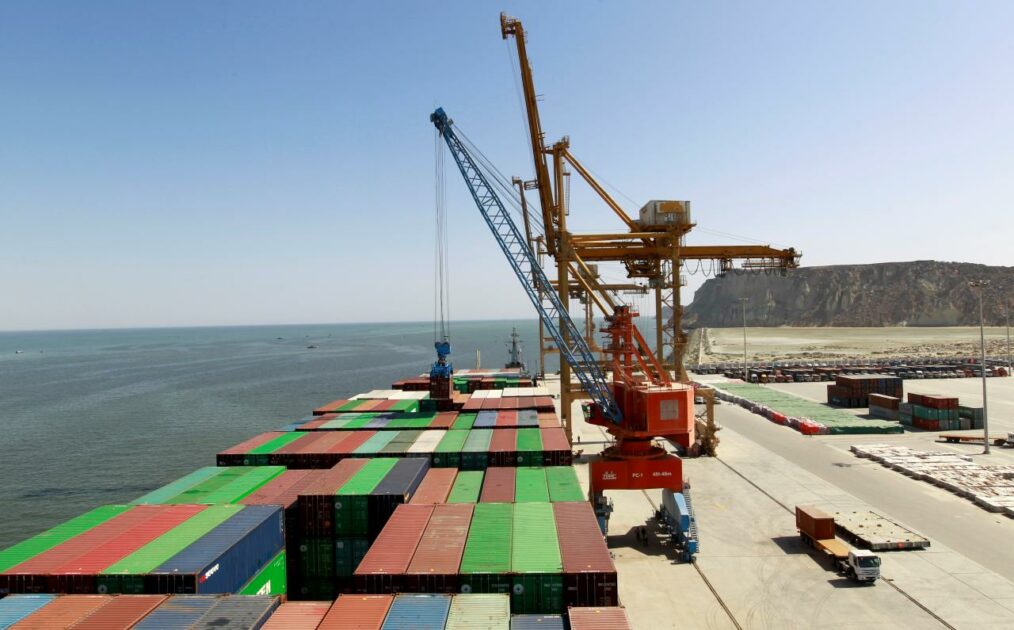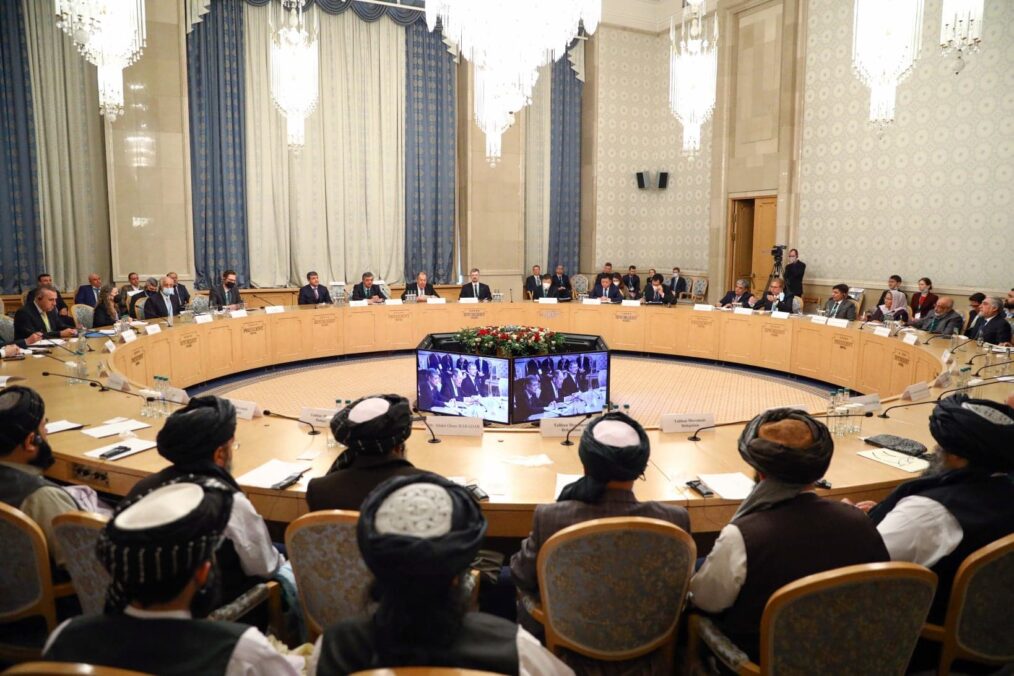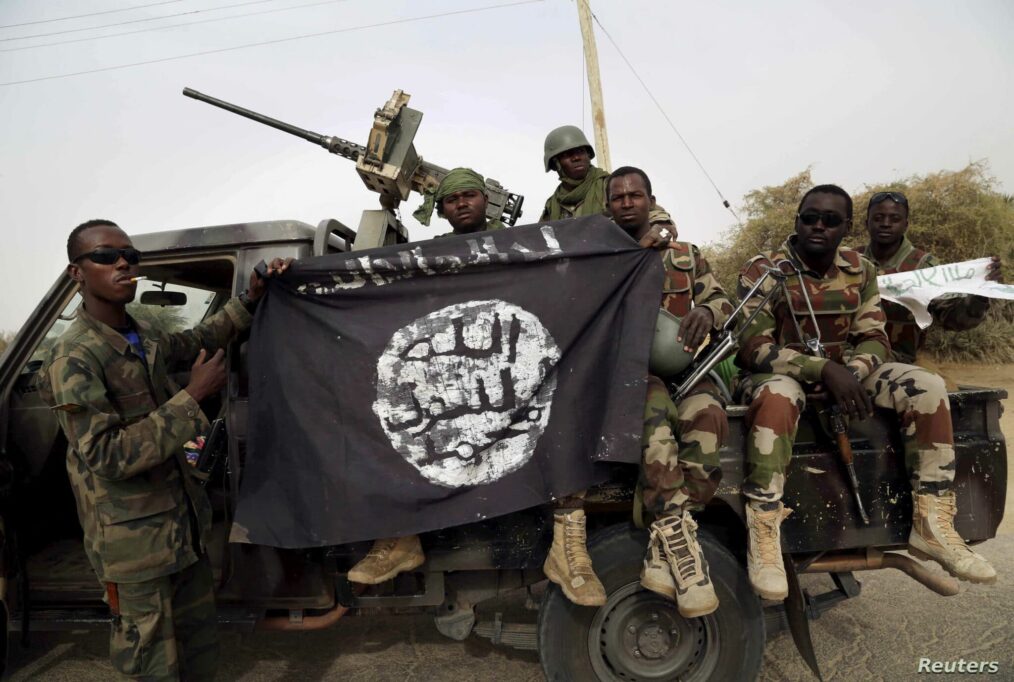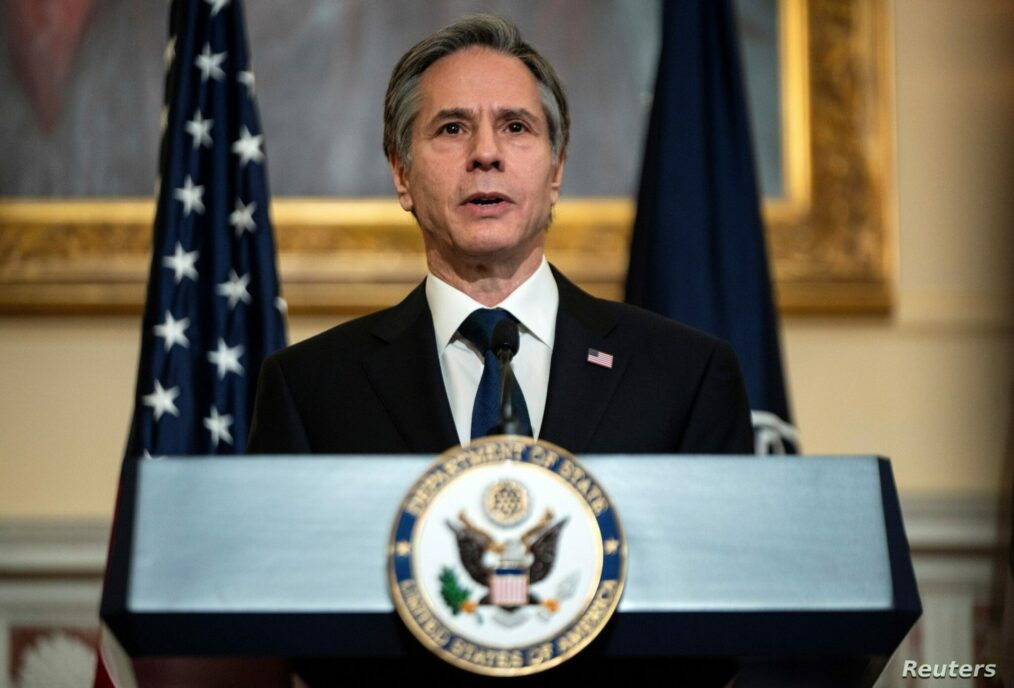Previous efforts to invest in Afghanistan’s economic future have had poor results. But, the role of foreign investment in the Afghan Peace Process has never been more important. Afghanistan has made little progress in terms of economic development, despite the United States having spent over $24 billion on economic development and another $30 billion on reconstruction programs. Approximately 90% of the Afghan economy takes place within informal sectors. They are primarily attached to the drug trade, and over half the population lives below the national poverty line. However, the signing of Afghanistan’s peace agreement, will make it is more important now than ever before to create a vibrant economy. Economic growth would reduce poverty, a huge factor in the growth of violence or the drug economy. If Afghanistan’s economy is to develop, responsible investment is the only path forward.
Past Investment
Past attempts to invest in Afghanistan have been largely unsuccessful. The country’s systemic corruption, lack of infrastructure, ongoing insurgency make operating even the most simple businesses a challenge. The few American companies willing to work in Afghanistan were those that received lucrative contracts from the federal government. Often, these companies caused more problems than they solved. They would frequently hire cheap Afghan subcontractors instead of doing work themselves. They would make protection payments to the Taliban to gain access to roadways and ensure their safety from attacks. And they would often leave behind poor quality work that would crumble within the next few years. A few large symbolic projects have been completed – the luxurious Aino Mina neighbourhood in Kandahar and Afghanistan’s first Toyota dealership – these are token projects of Afghanistan’s elite, not the emergence of a real economy.
What Needs To Be Done?
While the end of the Taliban insurgency will provide a more stable environment in which economic development can take place, Afghanistan will retain many of its previous challenges. To avoid the waste and failures of the past, actors seeking to invest must be hyper-sensitive to the political and economic limitations that come with doing business in the country.
The most successful development projects will be those that can reduce their reliance on subcontractors and middlemen and must provide training and a living wage to Afghan workers. They will also need to foster a workplace environment that promotes a sense of community and civic responsibility. Projects will need to begin on a small scale and will need to engage with district and provincial governors. These is needed to provide an economically feasible alternative to insurgency and the drug trade.
While meeting all of these demands simultaneously will prove challenging, there is no alternative. The Afghan economy has incredible potential for growth. If all elements of society can share in that growth, then a long-lasting peace is within reach. Alternatively, if a peacetime economy fails to support Afghan families, another outbreak of violence will be inevitable. We must invest in Afghanistan’s future but invest responsibly.






